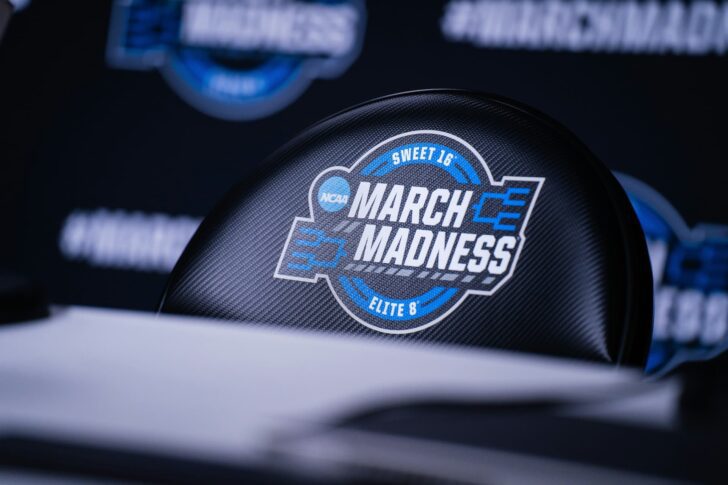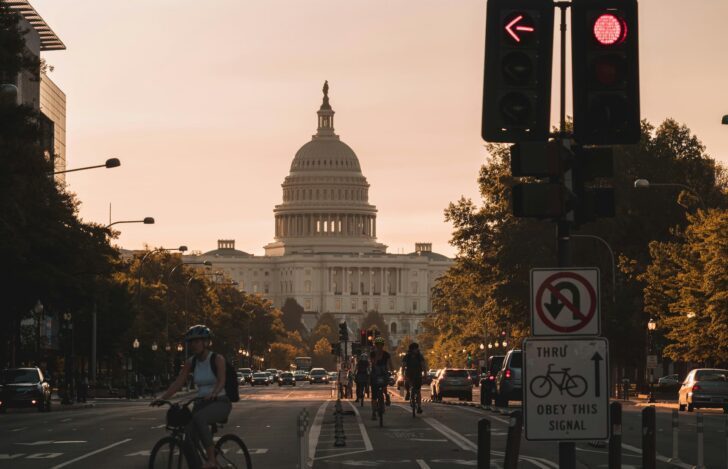Legislation to introduce online casino gaming in Maryland has advanced through the House and beat an important deadline, but there is a long way to go before it receives approval in the Senate.
The Casino Bill in question is HB1319, and was sent from the Maryland House to the senate with a 92-43 winning vote just in time for Monday’s deadline for any legislation to pass its chamber of origin. However, this latest Bill faces some long odds to ever be passed into law. The Senate did not approve a similar piece of legislation which was submitted in the past, with several members strongly opposed to ever legalizing online casino gaming in Maryland.
The current Maryland legislative session will conclude on April 8. Because online casino legislation must have a constitutional amendment, the bill must get a three-fifths majority in the Senate. If it does get the required numbers, it would then be down to Maryland residents to vote on the matter.
Could there be a Referendum in Maryland?
Before this current session, Sen. Ron Watson was due to be the head of the online casino issue, however, his bills were rejected in the Senate following a committee hearing.
Watson has also been vocal about the prospects of any such Bill ever passing through the Senate. However, he hopes the matter will still be up for discussion on November’s ballot. Watson strongly believes iGaming can bring in much needed revenue to the state, and that is is currently a big untapped resource.
Maryland Online Casino Proposal Details
Del. Vanessa Atterbeary created the Bill that would allow for up to 30 online casino licenses in the Old Line State. Atterbeary saw the legislation go through the Ways & Means Committee last week. During the session, legislators tried to make numerous amendments to the bill. Lawmakers rejected these amendments, one of which was to have bettors make deposits in-person.
This legislation would give all six of Maryland’s casinos up to three licenses. The first license states that they must share 5% of revenue with a social equity partner which must meet a set of strict criteria already laid out.
The land-based casinos can they obtain another license by sharing 33% of revenue with a partner. If they meet that threshold they also then have an opportunity to get a third license.
There are two bingo halls, media company Urban One and four-off track betting facilities also all qualify for these gambling licenses. Any of the unused licenses from the initial allocation given to the casinos, including five extra licenses, will be open for bids.
Financial Details
The tax rate stated in the legislation is 55% on all gambling revenue, and 20% on revenue generated by live dealer games. Anybody who wants to have a license would be required to pay a $1 million fee for the initial five years.
Despite the Senate looking to knock down the proposals, House legislators remain committed to sourcing a sustainable stream of revenue for the Blueprint for Maryland’s Future Fund. This fund seeks to increase education funding by $3.8 billion over the next decade. Lawmakers predict that online gambling could generate as much as $900 million annually for the state, which would be a huge boost for the fund.



